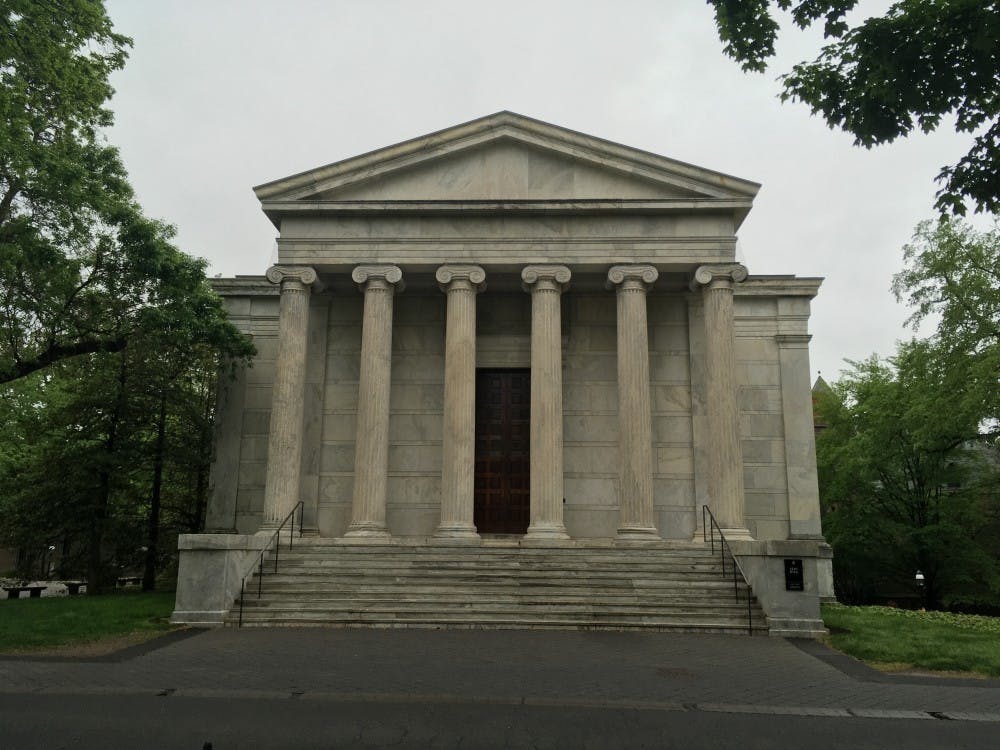Last Wednesday, the University announced that it admitted 13 transfer students for fall 2018 entry, almost a year after the University reinstated the transfer admissions program that was phased out during the 1990s. Now, transfer students will be admitted on a regular basis. The number of transfer students admitted each year will vary based on the number of available beds on campus.
Acting University spokesperson Michael Hotchkiss said the Board of Trustees authorized the reinstatement of the transfer program in January 2016 after adopting a strategic planning framework. This framework suggested a transfer program could help the University attract students from a wider variety of backgrounds.
The frameworks states that “experience at other universities shows that transfer programs can provide a vehicle to attract students with diverse backgrounds and experiences, such as qualified military veterans and students from low-income backgrounds, including some who might begin their careers at community colleges.”
Of the 13 transfer students admitted for fall 2018, eight come from military backgrounds. Hotchkiss said that military veterans were encouraged to apply and that the University received many “excellent candidates” in this year’s applicant pool. Because of privacy concerns, Hotchkiss would not release the names of the 13 admitted transfer students.
Tyler Eddy ’21 was admitted as a student last spring, a year before the University reinstated the transfer program. Eddy, who served as a corporal in the U.S. Marines and as an airframe helicopter mechanic, attended a community college in Indiana for two years before being admitted to the University as a first-year student.
“There was definitely an adjustment period,” he explained, adding that he was “pretty shocked and impressed” by the academic rigor of first-year courses.
The transfer students admitted this spring come from a variety of academic backgrounds and will enter as first-years, sophomores, or juniors based on an evaluation of their transfer credits by University faculty and college deans.
Despite having to take more challenging courses, Eddy said that his military background and having already moved out of his parents’ home gave him “a leg up” once he got to campus.

“I definitely don't have trouble waking up on time for class,” he said.
Eddy, who is married and has a two-year-old daughter, said that being a non-traditional student impacted his college experience outside of the classroom as well.
“There are a lot of study breaks at, like, nine at night, but I’m usually putting my daughter to bed by then or hitting the hay myself,” he said.
Eddy said that he was glad to see that the University was becoming more focused on admitting non-traditional students.

“I’m really excited about more military personnel getting accepted and about the transfer program in general,” he said. “I’m excited that Princeton is diversifying their student body population.”








